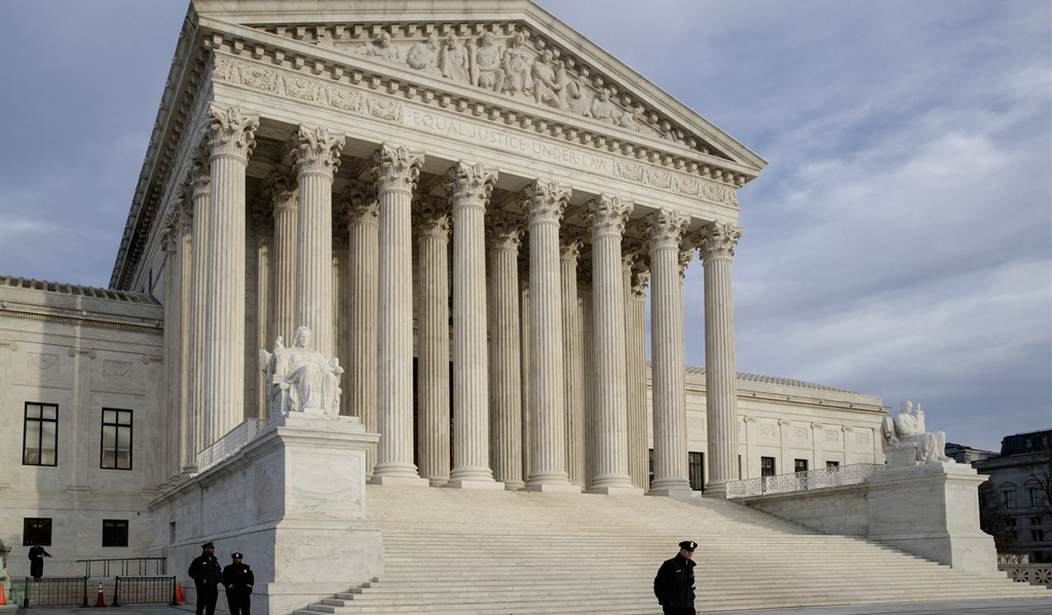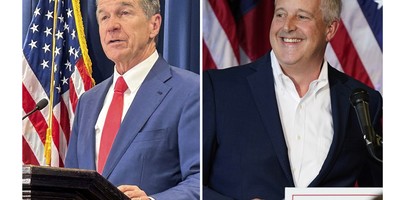Early in the evening on October 1, 1984, Catherine Fuller, a 48-year-old mother of six, was robbed, sodomized with a foreign object, and beaten to death in a garage off an alley in Washington, D.C. After police concluded that Fuller had been attacked by a group of young men, prosecutors obtained two guilty pleas and eight convictions.
On Wednesday the Supreme Court will hear an appeal by seven of those men, who argue that prosecutors violated their right to due process by withholding evidence that would have cast doubt on the government's allegations. The case shows why, more than half a century after the Court told prosecutors they have a constitutional duty to share evidence that might help defendants, prosecutors have little incentive to take that duty seriously.
In the 1963 case Brady v. Maryland, the Court held that "suppression by the prosecution of evidence favorable to an accused...violates due process where the evidence is material either to guilt or to punishment." The Court later explained that evidence is "material" when there is "any reasonable likelihood that it could have affected the judgment of the jury."
It seems clear that the evidence withheld from the men accused of attacking Catherine Fuller meets that standard. The suppressed evidence included, for example, information that would have further undermined the credibility of purported eyewitnesses who implicated the defendants.
The jury, which deliberated for a week and acquitted two of the 10 defendants, evidently had trouble believing the government's witnesses, who contradicted themselves, each other and the physical evidence. It is hardly a stretch for the defendants' lawyers to suggest that the jurors would have been even more skeptical if they had known one of the witnesses "was high on PCP while she met with investigators and identified photographs and suspects," that the same witness had asked a friend to lie about hearing a defendant's confession, or that the aunt of another witness contradicted his claim that he had told her about seeing the crime.
Recommended
Prosecutors also kept jurors from hearing the accounts of witnesses who were in the alley at the time of the attack but did not see a group of men. Even more egregiously, the government suppressed information about two plausible alternative suspects, including one who was convicted of robbing and assaulting two other middle-aged women in the same neighborhood within weeks of Fuller's murder. In 1992 that man "forcibly sodomized and beat to death a woman in an alley three blocks from where Mrs. Fuller had been found."
By 2010, all but one of the surviving prosecution witnesses had recanted, saying they had been pressured into falsely implicating the defendants. A District of Columbia Superior Court judge nevertheless rejected the defendants' motion to vacate their convictions, a decision the District of Columbia Court of Appeals upheld in 2015.
Amazingly, both courts concluded that the suppressed evidence, although favorable, was not material, which suggests how permissive that standard can be in practice. In a brief supporting the defendants' appeal, the Texas Public Policy Foundation argues that the "materiality" standard should be replaced with a presumption that withholding favorable evidence violates due process unless the government can show beyond a reasonable doubt that the omission did not affect the outcome.
"For an unethical or indifferent prosecutor," the brief says, "a pretrial materiality requirement is an invitation to withhold favorable evidence." Even assuming the suppressed evidence later comes to light, the government in all likelihood will prevail on appeal: A 2014 study of "145 decisions in which prosecutors were found to have withheld favorable information" found that 86 percent deemed the evidence not material.
"There is an epidemic of Brady violations abroad in the land," Alex Kozinski, then chief judge of the U.S. Court of Appeals for the 9th Circuit, observed in 2013. "Only judges can put a stop to it." The Supreme Court can help them by reminding prosecutors that they have a duty to seek not merely victory but justice.

























Join the conversation as a VIP Member